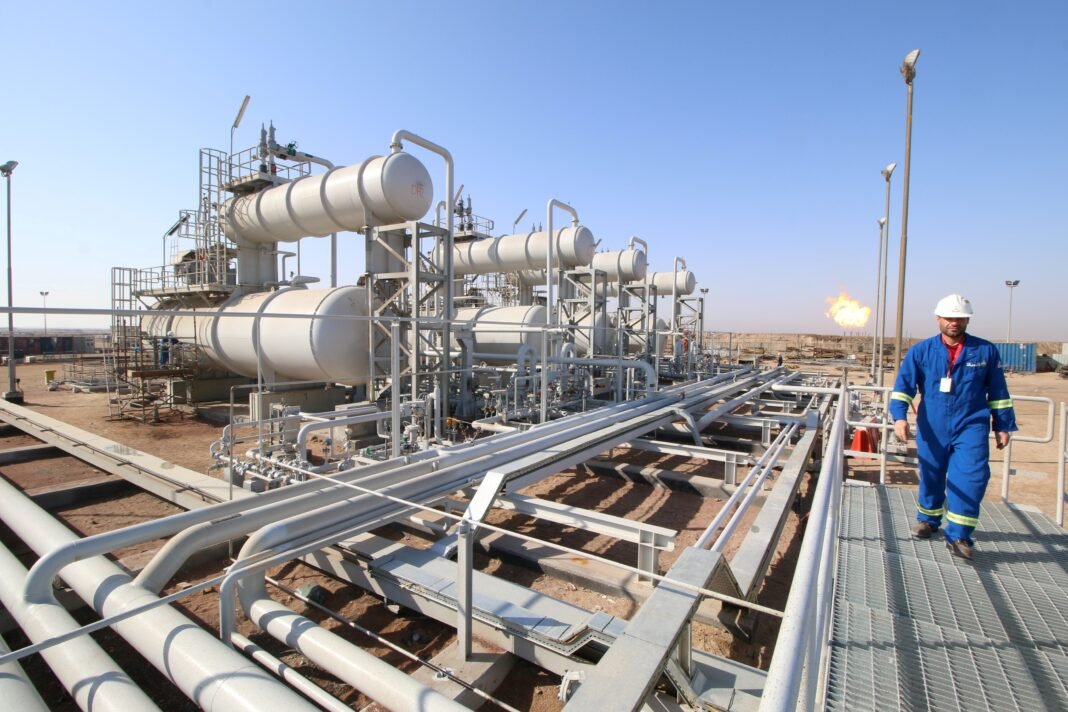Iraq is preparing for important discussions with Syria to restart a key oil pipeline project. These talks are part of a broader Iraq oil pipeline rehabilitation strategy that aims to boost energy exports and strengthen regional cooperation.
A team from the Iraqi National Intelligence Service visited Damascus, directed by the Prime Minister. Discussions about restoring Iraq’s oil pipeline involve meetings with Syrian President Ahmed al-Sharaa’ and senior officials.
In addition, officials from Iraq’s Ministry of Oil, Ministry of Trade, Border Forces Command, and Border Crossings Authority joined the trip. Their presence highlights how vital the oil pipeline restoration project is to Iraq’s broader strategic plans.
At the same time, discussions will cover joint efforts to fight terrorism and protect the shared Iraq-Syria border. Expanding trade and securing border areas will support the Iraq oil pipeline rehabilitation project and broader economic stability.
The delegation will also reaffirm Iraq’s support for Syria’s unity and sovereignty. The powerful ties between Iraq and Syria are seen as essential to national security and economic recovery in both countries.
Furthermore, Iraq is keen to revive the Kirkuk-Baniyas oil pipeline, which has been idle since early conflict years. The pipeline once linked Iraqi oilfields directly to the Syrian Mediterranean coast, offering an alternative export route.
An earlier agreement in 2010 planned the construction of two new pipelines, one for lighter crude and another for heavier oil. Details emerged further in 2011, yet the Iraq oil pipeline rehabilitation project never moved forward due to instability.
Experts note that the Syria route offers significant benefits but also carries several security and operational risks. However, Iraq remains committed to exploring all options to revive its export infrastructure and diversify energy routes.
Meanwhile, Iraq’s oil sector views the revival of the Kirkuk-Baniyas pipeline as a way to reduce pressure on other routes. Developing additional outlets will help protect Iraq’s economy from regional disruptions.
In addition, securing energy corridors through Syria will strengthen Iraq’s export flexibility and contribute to national energy security. Officials believe the Iraq oil pipeline rehabilitation project can support economic growth and bring long-term benefits.
In conclusion, Iraq is taking serious steps to strengthen its energy export network by working closely with regional partners. The Iraq oil pipeline rehabilitation talks mark a critical move toward rebuilding infrastructure and boosting national resilience.





